EU to push Turkey to take back migrants on 'large-scale'
Greece is expected to receive 100,000 refugees by the end of March
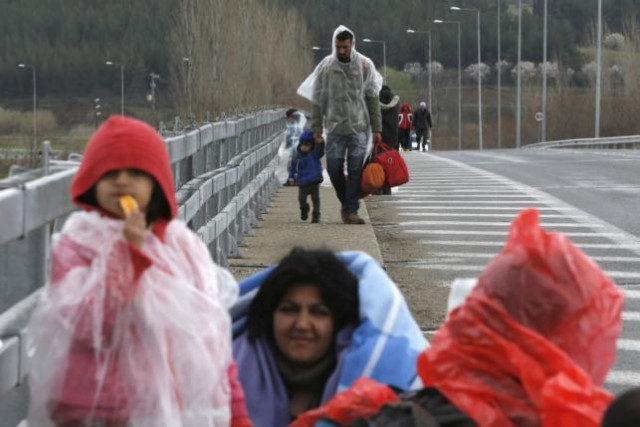
Migrants walk along a road towards a makeshift camp at the Greek-Macedonian border, near the Greek village of Idomeni, Greece March 4, 2016. PHOTO: REUTERS
With a fresh surge expected in the warmer spring weather, the European Union's 28 leaders are pinning much of their hopes for reducing the chaos on new commitments from Turkish Prime Minister Ahmet Davutoglu.
Greece says up to 70,000 migrants may be ‘trapped’ next month
The EU will also push Ankara to drastically reduce the huge flow of migrants into Europe, as Turkey is the launch pad for most of the more than one million refugees and migrants who have come to the continent since early 2015.
On Saturday, European Migration Commissioner Dimitris Avramapoulos said Greece -- already struggling with a buildup of 30,000 migrants -- was expected to receive "another 100,000" by the end of March.
But lingering tensions flared when Turkish police seized an opposition newspaper at the weekend and Brussels warned Ankara it had to respect media freedom in its decade-long bid for EU membership -- also a topic in the migrant talks.
Tusk, the European Council president and summit host, said in his invitation letter that success depended largely on securing Turkey's agreement at the summit for the "large-scale" readmission from Greece of economic migrants who do not qualify as refugees.
"It would effectively break the business model of the smugglers," Tusk said when he also raised the idea on Thursday in Ankara with Davutoglu.
Brussels has meanwhile unveiled a plan for saving the passport-free Schengen zone, which has been jeopardised by several countries closing their borders to stop the huge influx of people from Syria and elsewhere.
Germany tries three migrants for thefts in New Year chaos
"For the first time since the beginning of the migration crisis, I can see a European consensus emerging," Tusk said in his letter.
Following their lunch with Davutoglu in Brussels, EU leaders are to meet by themselves.
The EU said Turkey has made progress toward implementing a cooperation-for-aid deal clinched in November but added that too many people were still heading from Turkey to Greece, the main entry point to Europe.
The European Commission, the EU executive body, said in a report that the daily average of irregular arrivals in February amounted to 1,943, which is "high" for a winter month.
In the report to EU summit participants, the commission said encouragingly that Ankara on February 26 approved 859 readmission requests from Greece.
Prime Minister Mark Rutte of the Netherlands, which currently holds the bloc's rotating presidency, told reporters he hoped Turkey would agree Monday "to accelerate readmission of third country nationals and economic migrants."
Rutte added: "I think that would be the minimum outcome."
The commission report urged Ankara to "swiftly negotiate and conclude readmission agreements with the relevant third countries," which would then take back economic migrants from Turkey.
It said nearly half of the irregular migrants reaching Europe last month were not from war-torn Syria but rather from Afghanistan, Iraq, Pakistan, Iran and north Africa.
If the EU determines in two weeks that the number of arrivals is dropping significantly, Rutte said, it could consider a more "ambitious" scheme to resettle refugees from camps in Turkey.
Erdogan vows retaliation after Ankara attack: presidency
The EU last year pledged only to distribute around the bloc around 20,000 people from Turkey -- which hosts nearly three million Syrian refugees -- as well as from Lebanon and Jordan.
Under the action plan, the EU will give Turkey three billion euros ($3.3 billion) to aid refugees on its territory and Turkey will crack down on people smugglers.
In its report, the commission urged Turkey to "take decisive action against migrant smuggling" by stepping up police work, coast guard patrols and cooperation with NATO.
Turkey on Wednesday denied claims it was blocking NATO vessels deployed in the Aegean Sea from launching a new anti-smuggling mission.
Under their deal, Turkey expects to accelerate its bid for EU membership and see Brussels ease visa requirements for Turks visiting the Schengen area.
In an interview with the BBC, Turkey's ambassador to the EU, Selim Yenel, said: "If we can find a way together we can make it work."
But he echoed his government's bitterness over how the EU had seemed indifferent to the migrant crisis when it only affected Turkey.
"Now all of a sudden they remembered us," Yenel said.

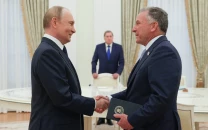

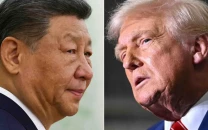
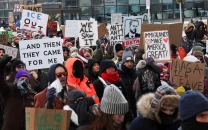
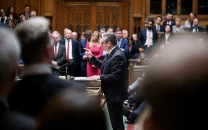
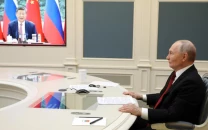












COMMENTS
Comments are moderated and generally will be posted if they are on-topic and not abusive.
For more information, please see our Comments FAQ